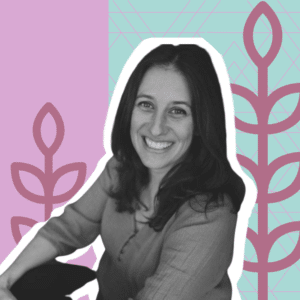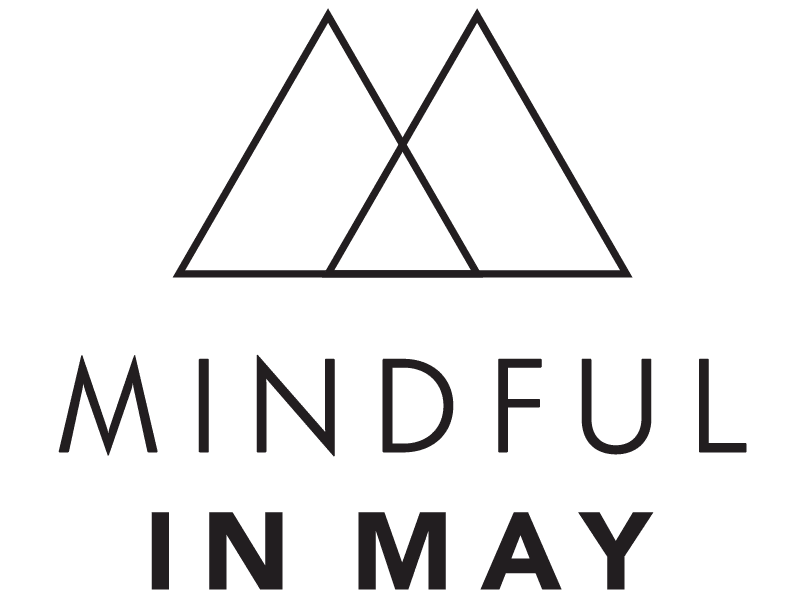Month Nine
MONTH NINE
An interview with Dr Dan Siegel
How to build a Yes brain, that is courageous, curious and resilient.
Listen to the audio here:
Welcome to MONTH NINE
In his book, The Yes Brain, Psychiatrist and mindfulness expert Daniel Siegel, describes a powerful metaphor around resilience.
He describes the range of our emotional balance and reactivity as living in the blue, green and red zone of emotions.
The green zone, is a state we ideally want to be in most of the time. It's a state of emotional balance where even when challenges arise, we can use our more evolved brain, the pre-frontal cortex, to come up with effective responses rather than automatic reactions.
The red zone is a state, where we're emotionally triggered and our sympathetic nervous system has stimulated the fight or flight response. In this state, we may notice an increased heart rate, the heat of emotion, and more rapid breathing - all signs of being in a hyperaroused state. In this red zone, we're driven by the more primitive brain that leads us to automatically react, often in ways that make the situation worse. We are less resourced.
The blue zone is another state triggered by stress, but it's a hypo-aroused response, triggered by our parasympathetic nervous system which leads to more of a withdrawal and avoidance of situations, almost a freeze type response or helpless victim state.
The key to our resilience lies in expanding "the window of our green zone", so that we can meet life's challenges with less reactivity and more responsiveness. That doesn't mean we'll stop feeling difficult emotions like fear or anger, but rather that we'll be able to make room for them, without being mindlessly driven by them.
Dan writes "reactivity blocks resilience and receptivity promotes it." When we are able to pause and bring mindfulness to our emotions, we widen the green zone and have a better ability to respond wisely and maintain greater emotional balance.
Mindfulness really is a crucial foundation for building resilience, and it's the regularity of the practise that's important. But we know how challenging it can be to make mindfulness a consistent part of our lives.
So even if you're coming back here after falling off track with practice, remember any moment is an opportunity to start again!
In this video you’ll learn:
- What a Yes Brain is and how it differs from a No Brain
- Some practical tools for developing greater resilience
- What the red, blue and green zone of emotions are and how to optimise your emotional balance
- The difference between mindfulness and dissociation (disconnecting from reality)
About Dan Siegel

Dan Siegel is a New York Times best-selling author, award winning educator and associate Clinical Professor of Psychiatry at the UCLA School of Medicine. He is also the Executive Director of the Mindsight Institute, an educational organisation that focuses on how the development of insight, compassion and empathy in individuals, families and communities can be enhanced by examining the interface of human relationships and basic biological processes. His latest book is The Yes Brain.

Our upcoming LIVE CALL
Join our live guided online meditation with Dr. Elise Bialylew, along with an interactive Q&A session.
Join the session on Zoom here: https://us02web.zoom.us/j/81381381693



